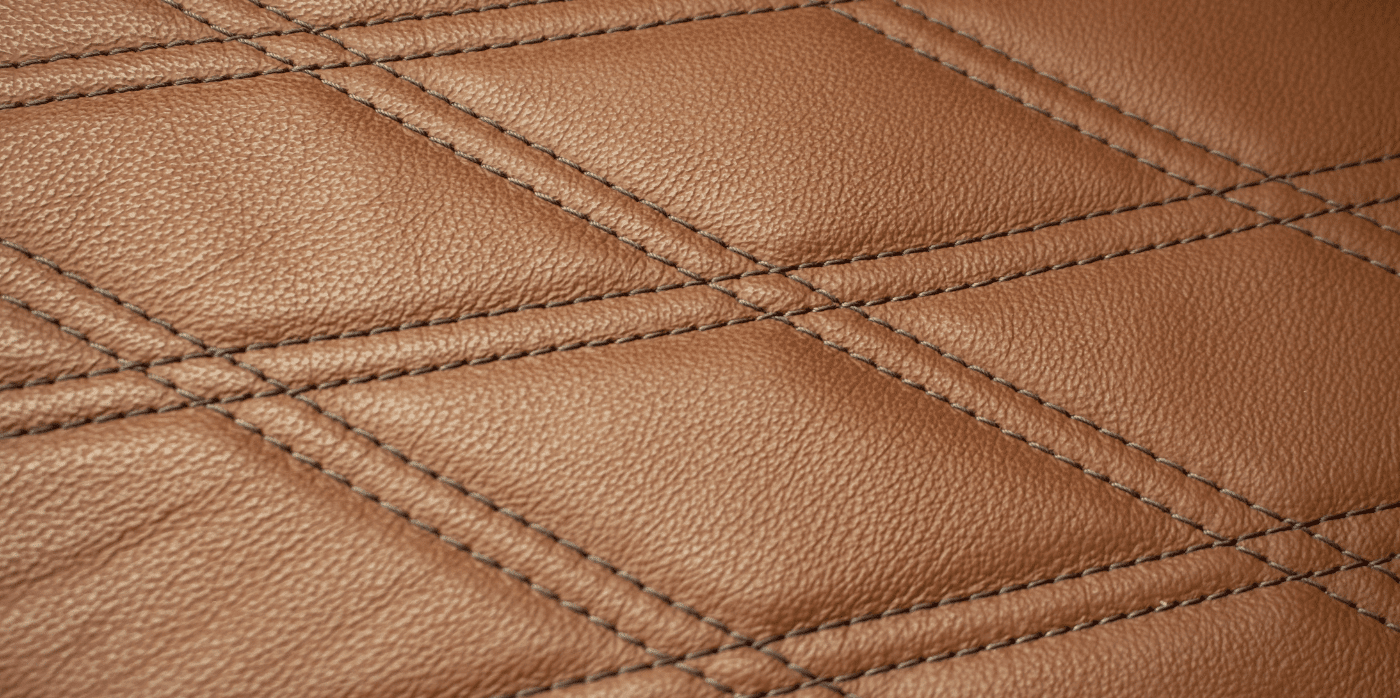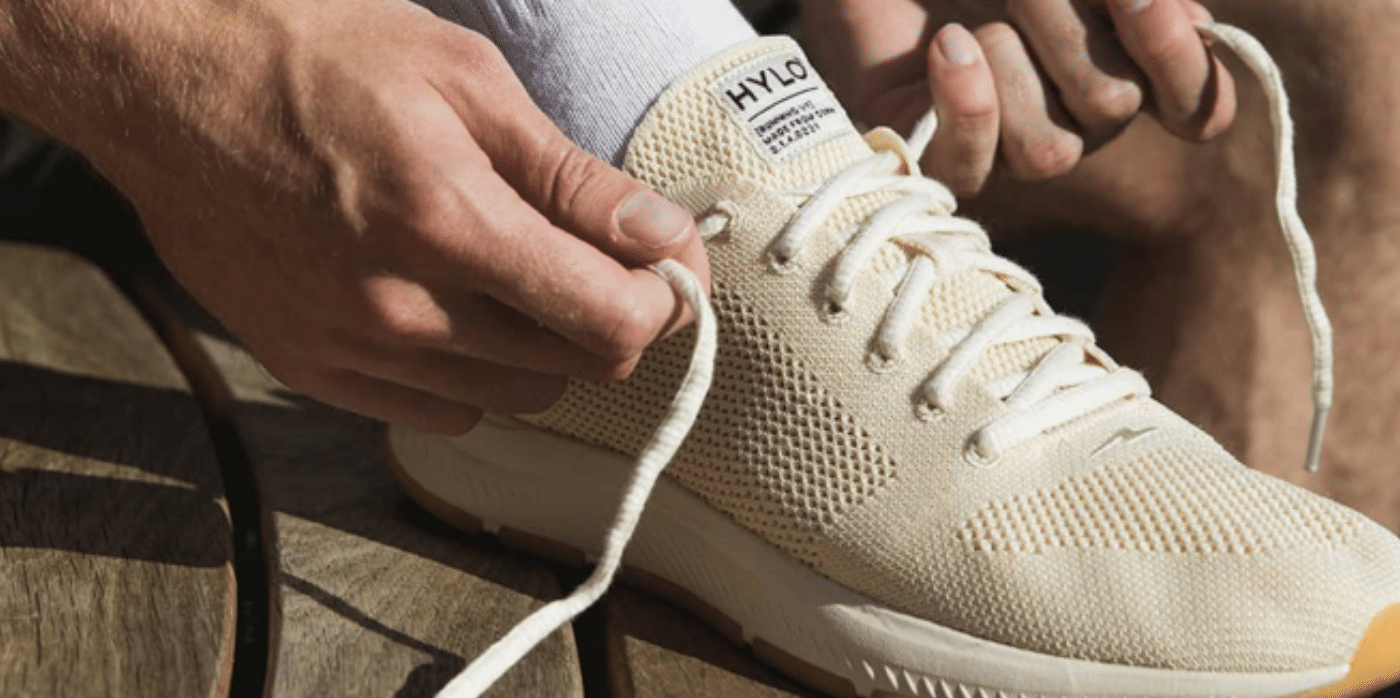Circular production process uses industrial fruit waste for vegan leather
Spotted: The development of vegan leather that looks and feels like the most luxurious animal leather, is a major goal for designers. Startup Polybion specialises in organic, vegan leather made in a closed-loop production process. The company uses local sources of industrial fruit waste as the basis for its material and has already identified additional waste streams should demand grow.
Called Celium, Polybion’s leather is grown to a variety of thicknesses. Fungi and bacteria feed on the fruit waste, producing cellulose as a byproduct of that process. The Polybion team then stabilises the growing material at the desired size and depth before treating it to be ready for dying and other bespoke processes. Customisable and strong, Celium can be produced with an infinite variety of grains and embossments, along with varying levels of water resistance.
Already, Polybion has identified enough biowaste nearby to create up to 168 million square feet of the vegan leather each year. From vehicle interiors and footwear to homewares and fashion, large-scale organic leather production could make significant inroads in multiple industries seeking more sustainable resources.
The scope of new leather options is widening by the day, with creators and innovators in many industries finding new ways of working with surprising ingredients. Springwise has spotted a number of leather alternatives, with two recent innovations being lab-grown leather and a leather bag made from grape skin.
Written by: Keely Khoury
10th June 2022
Email: contact@polybion.bio
Website: polybion.bio



